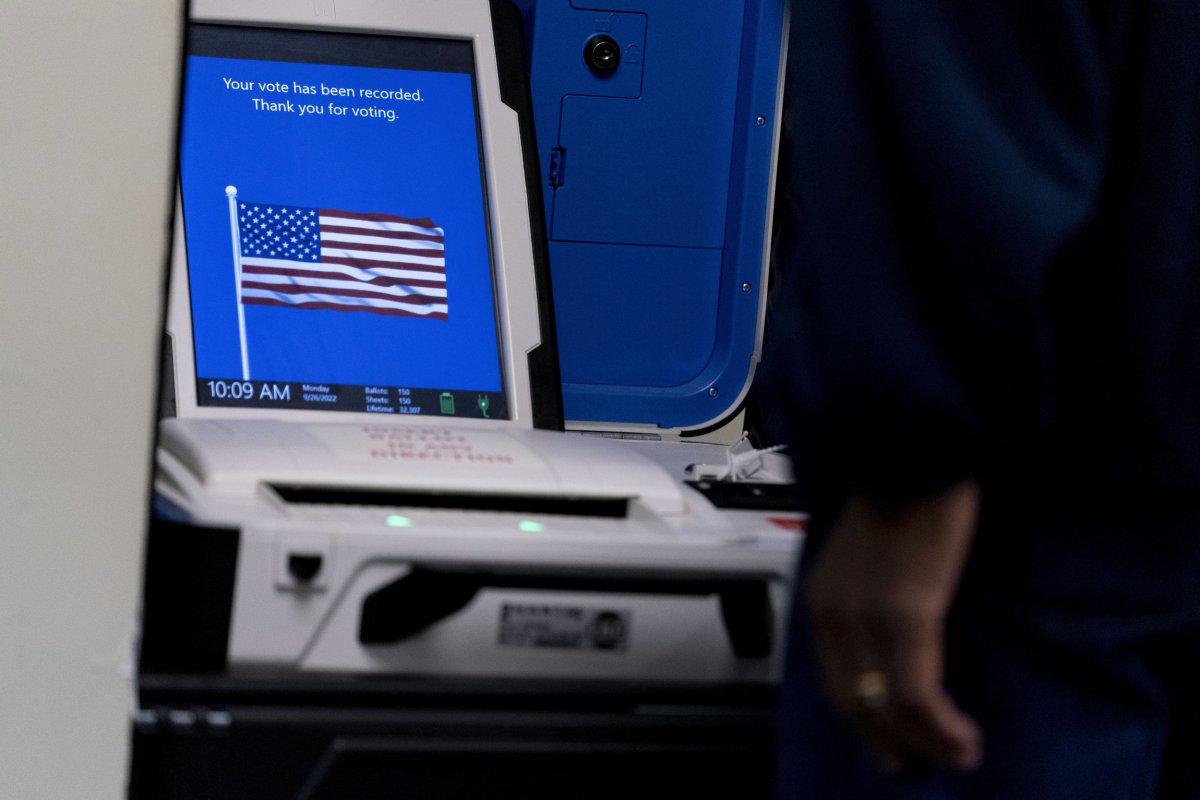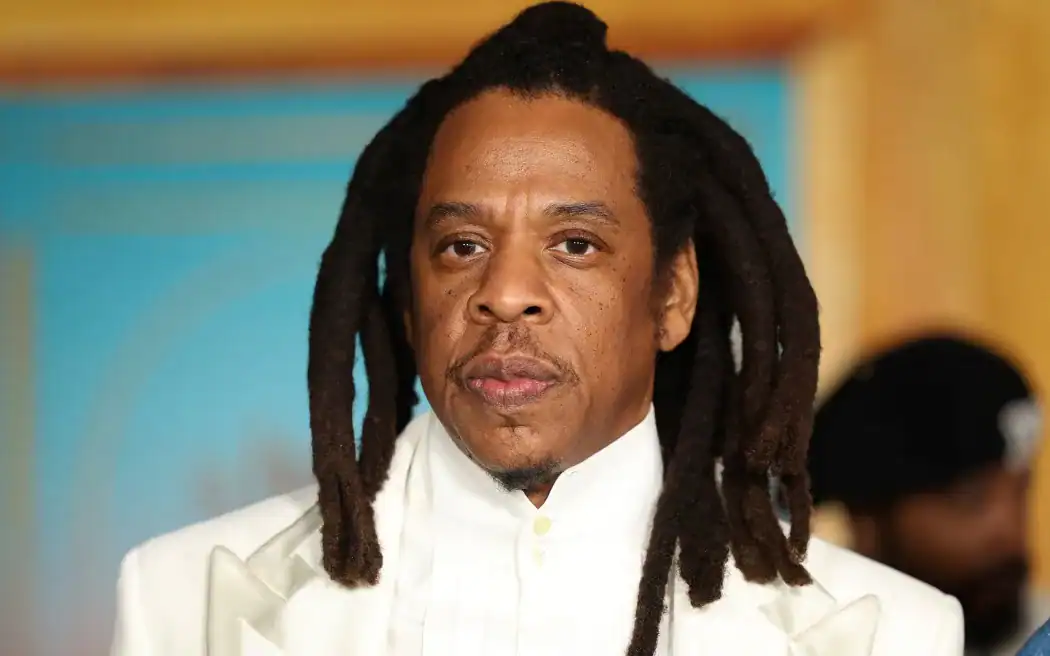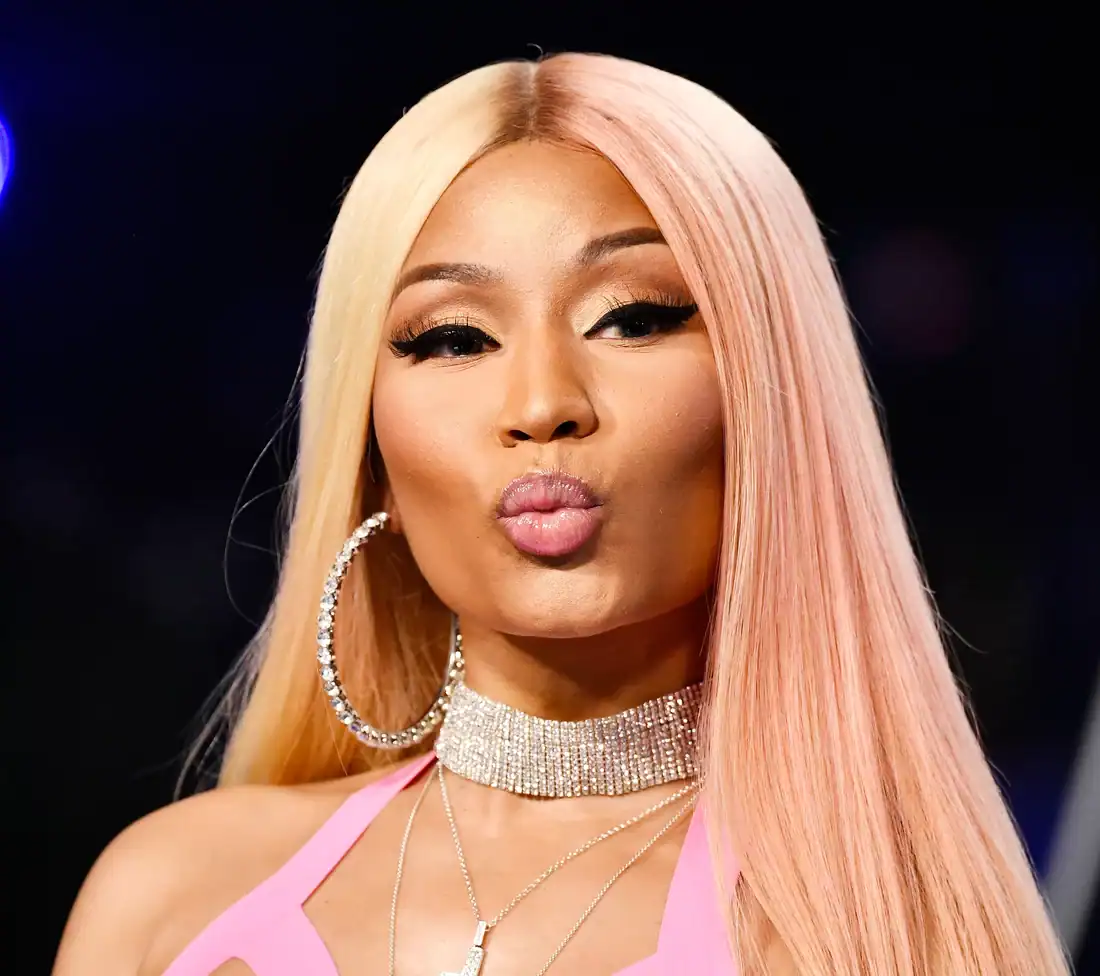Iranian officials denied a growing series of accusations alleging that the Islamic Republic was engaged in a concerted effort to interference in the upcoming U.S. presidential election, including through the use of hacking and other cyber operations.
"Already devoid of any credibility and legitimacy, such allegations are fundamentally unfounded, and wholly inadmissible," the Iranian Mission to the United Nations said in a statement shared with Newsweek on Wednesday. "The Islamic Republic of Iran does not engage in the internal uproars or electoral controversies of the United States.
"Having already unequivocally and repeatedly announced, Iran neither has any motive nor intent to interfere in the U.S. election; and, it therefore categorically repudiates such accusations. The continued perpetuation of such unfounded claims will only serve to undermine their credibility."
U.S. officials have long alleged that Iran was actively involved in attempts to meddle in U.S. elections, an accusation bolstered by the analysis of leading institutions that have sought to identify instances such
The latest claim came in a report published earlier Wednesday by the Microsoft Threat Analysis Center (MTAC). The report identified at least two new instances of online activity said to be tied to Iran, which the center said "has proved that it can run multiple operations against varying targets simultaneously."
"Despite escalating tensions with Israel," the MTAC report said. "Iran continues its efforts to influence U.S. audiences."

One set of activity viewed by the MTAC as linked to Iran was attributed to a channel known as "Bushnell's Men," which the center said had called for boycotts of the U.S. election in protest of candidates' support for Israel at a time when the country is engaged in a year-long regional clash with Iran and its Axis of Resistance allies sparked by the war in Gaza.
Another was tied to a cyber group referred to by Microsoft as "Cotton Sandstorm," which the latest report said "has been actively scouting election-related websites and media outlets, suggesting preparations for more direct influence operations as Election Day nears."
The report comes less than a month after the U.S. Justice Department unsealed charges against three members of Iran's Islamic Revolutionary Guard Corps (IRGC) accused of hacking the campaign of former Republican presidential candidate and former President Donald Trump. The FBI alleged that the trio had impersonated U.S. officials to gain unauthorized access to the campaign and obtain confidential information.
The Trump campaign first announced in August that it had been hacked, prompting an investigation by the FBI, the Cybersecurity and Infrastructure Security Agency and the Office of the Director of National Intelligence. The probe concluded that Iranian cyber actors had shared illicitly obtained material with individuals associated with the campaign of President Joe Biden in late June and early July.
Biden dropped out of the race in July, with Vice President Kamala Harris assuming the candidacy and facing Trump on the ballot on November 5.
The Trump campaign has called on its rival to reveal whether any material obtained by the alleged Iran-tied hack has been used, something the Harris campaign has denied. Iranian officials have rejected any involvement in the affair.
U.S. officials have also established alleged links between Iran and plots to assassinate Trump, including one involving a Pakistani national arrested in August. The Trump administration said last month that U.S. intelligence officials briefed the former president on Iranian threats to his life.
Trump has faced at least two close calls in the sights of would-be assassins this year, including a shooting that wounded his ear at a rally in Butler, Pennsylvania, on July 13 and a gunman that took a position to fire at the former president at Trump International Golf Club West Palm Beach in Florida on September 15. Neither attempt has been linked by U.S. officials to Iran.
Iranian officials have denied engaging in attempts to kill Trump but have called for his arrest in the assassination of IRGC Quds Force Major General Qassem Soleimani, whom Trump ordered killed in a U.S. drone strike in Iraq in January 2020 amid heightened tensions between Washington and Tehran.
This is a developing news story. More information will be added as it becomes available.



















:quality(85):upscale()/2024/04/24/878/n/3019466/36c5693c662965c5d1ce91.72473705_.jpg)
 English (US) ·
English (US) ·